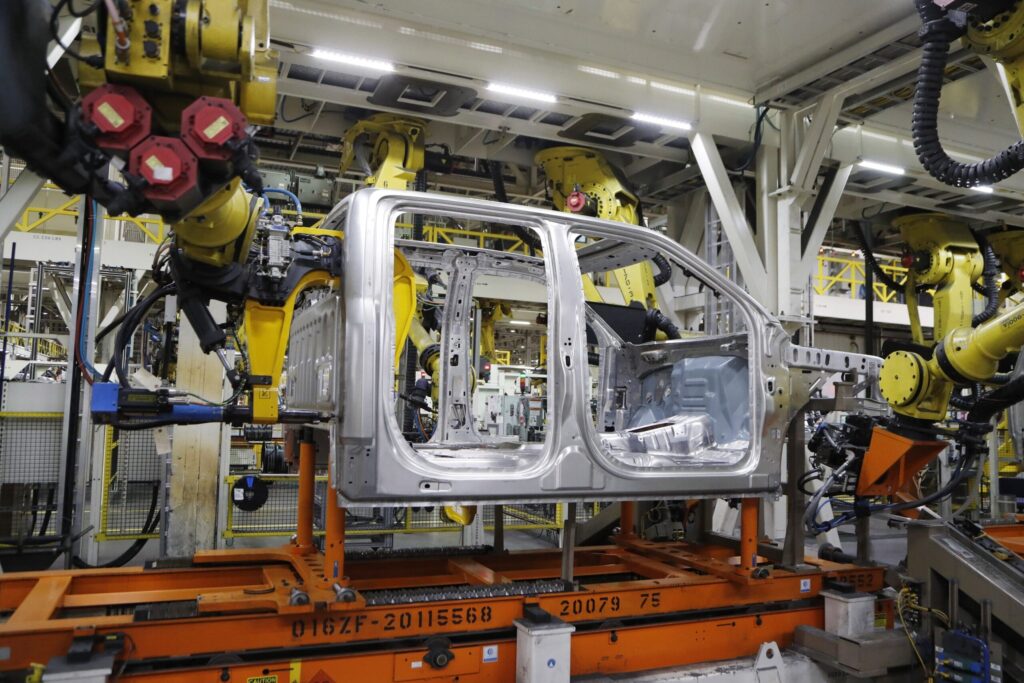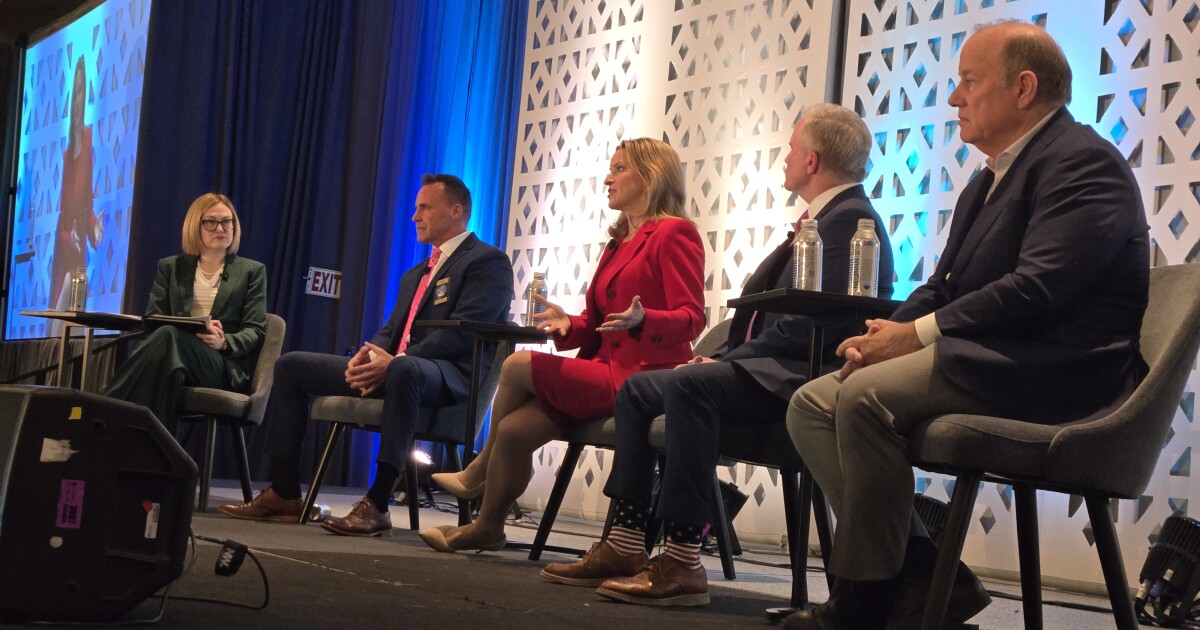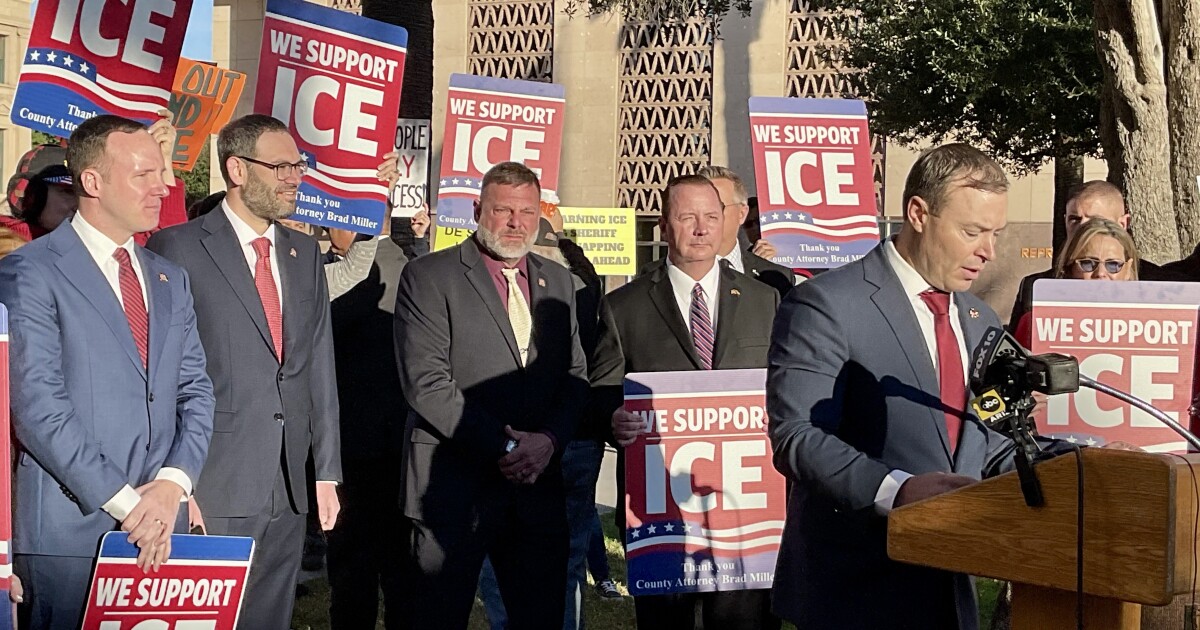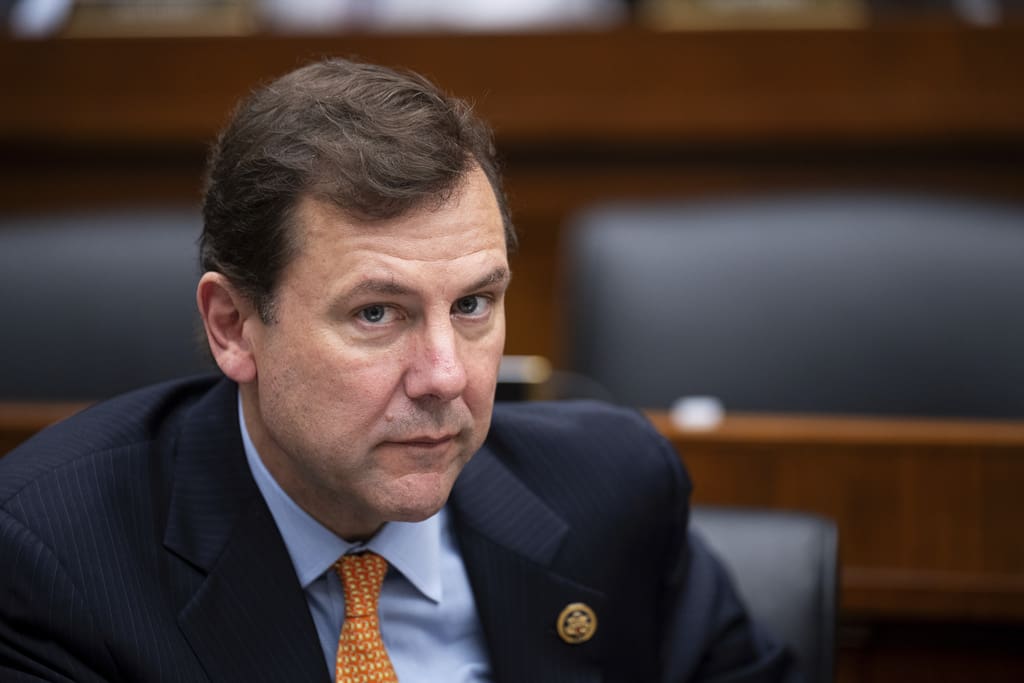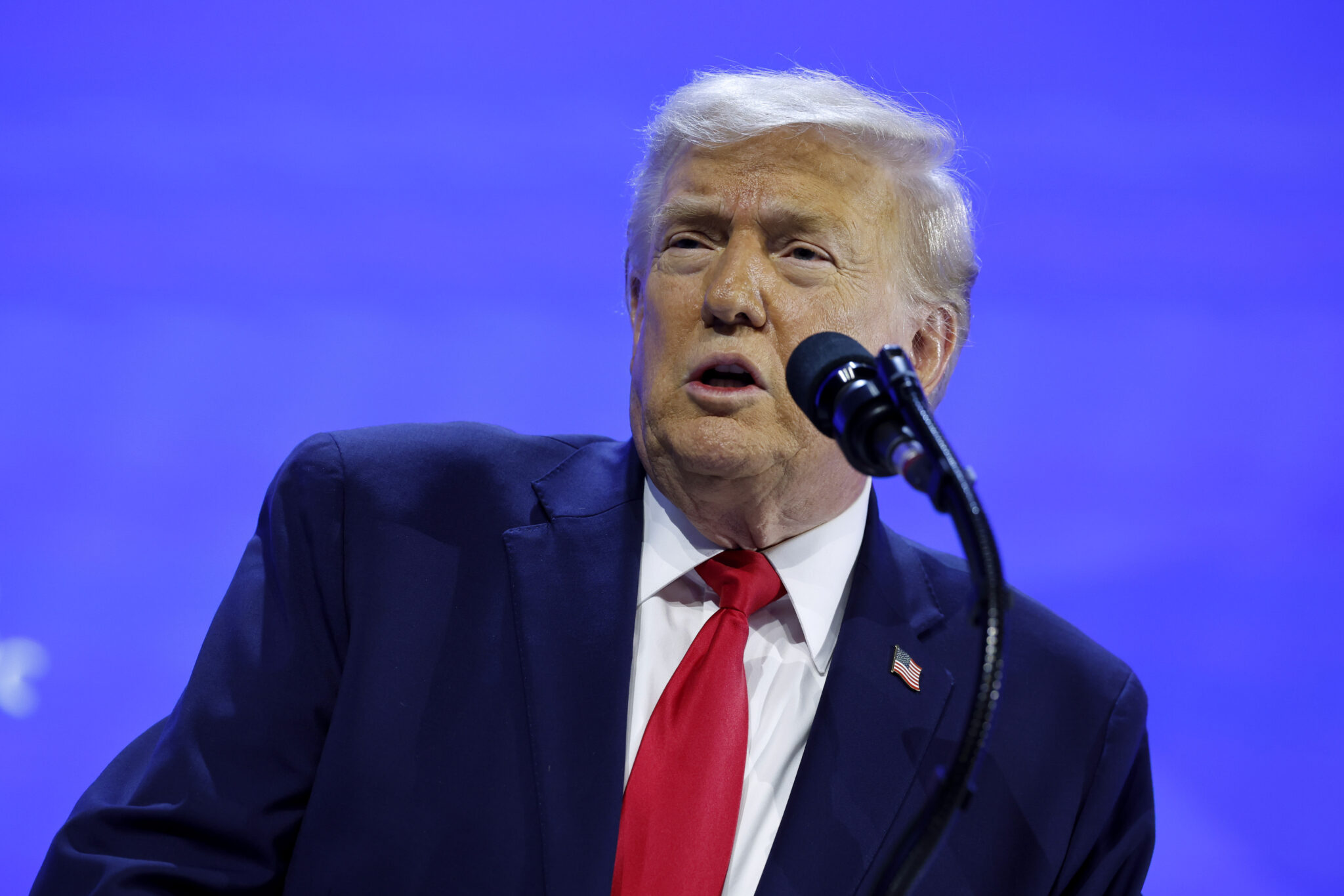Article Summary –
Michael Howard, owner of Howard Family Designs, is concerned that the tariffs imposed by President Trump on imported goods, including wood from Canada used in his furniture, could force him to raise prices, potentially harming his small business. Despite Trump’s assertion that tariffs would encourage domestic manufacturing, a U.S. Federal Reserve study found that his previous tariffs led to a decline in manufacturing jobs due to increased costs and retaliatory tariffs from affected countries like Canada and Mexico. The tariffs are expected to significantly affect Michigan’s automotive and manufacturing sectors, increasing consumer prices and challenging small businesses like Nayana Ferguson’s Anteel Tequila, which relies on imported goods, and causing concerns among consumers like Felicia Wiseman regarding price increases and economic uncertainty.
Michael Howard takes pride in the custom furniture, including tables and cabinets, sold at Howard Family Designs, the Michigan furniture shop he operates with his wife. However, Howard, who relies on Canadian wood, is rethinking manufacturing costs due to President Trump’s tariffs on foreign imports to the U.S.
“I can’t absorb that as a small business owner,” Howard noted, expressing concern that the tariffs would devastate his business.
The Trump administration is nearing a trade war with Mexico, Canada, and China. In January, Trump threatened 25% tariffs on imports from Mexico and Canada, plus 10% on Chinese goods. Canadian Prime Minister Trudeau and Mexican President Sheinbaum plan counter-tariffs on U.S. products. On Feb. 4, tariffs were paused for 30 days on Canada and Mexico after border enforcement concessions but commenced on Chinese products. A week later, Trump declared 25% tariffs on all steel and aluminum, including from Canada and Mexico, starting March 4.

Howard’s situation mirrors challenges faced by other Michigan businesses anticipating economic impacts from Trump’s trade policies. Some might cut store hours or staff, or raise prices, as Howard may do for his custom furniture and delivery services.
Howard stated, “A 25% increase in goods cost is unbearable for a small business like us.”
Before his election, Trump promised that tariffs would encourage manufacturing and job creation in the U.S. Nonetheless, a Federal Reserve study reveals that tariffs from Trump’s earlier term led to a 1.4% decrease in manufacturing jobs due to rising costs and retaliatory tariffs.
Trump’s incorrect claims that foreign countries pay tariffs add to confusion. U.S. firms pay import taxes, which are then transferred to consumers.
Recently, Trump acknowledged potential hardship from the trade war, posting online: “WILL THERE BE SOME PAIN? YES, MAYBE (AND MAYBE NOT!)” but emphasized the goal to “MAKE AMERICA GREAT AGAIN.”
Michigan’s economy, notably its automotive sector, will face substantial challenges. The U.S. imported nearly $471.6 billion in motor vehicle parts in 2024, with Canada and Mexico as key suppliers. Michigan leads U.S. auto production.
Chris Douglas, a University of Michigan-Flint economist, explained that car manufacturers still need imported parts, meaning tariffs will escalate vehicle prices, which will be passed to consumers.
Douglas stated, “A tariff is a tax, and consumers ultimately pay through higher prices. The real question is how much prices will increase.”
Detroit’s Felicia Wiseman dismissed tariffs as “trickle-down economics,” doubting assurances from the White House, adding “Any small increase matters when you’re living paycheck to paycheck.”
As a consumer, Wiseman feels relatively secure as a bargain shopper without young children, though her vegan diet includes imported foods.
“I don’t buy eggs or milk, but I notice price fluctuations in imported fruits and vegetables,” Wiseman said.
Nayana Ferguson, co-founder of Michigan’s Anteel Tequila, worries about financial and logistical hurdles if unable to import Mexican tequila. Authentic tequila is made only from Mexican blue agave plants. Ferguson’s Mexican partners handle bottling and shipping.
“We must watch trends, but it will impact us,” Ferguson noted.
Large tequila brands might offset tariff costs due to higher product volume and profit, Ferguson said, but her business’s success depends on consumer choices as prices rise. Consumers seek more natural options; Anteel Tequila contains no carbs or sugar and lacks additives, which may maintain its appeal.
If tariffs force Howard to increase prices and lose customers to cheaper options, it could impact his ability to retain shop help. He runs a paid apprenticeship program offering mentorship and job experience.
“I don’t support unpaid internships; losing revenue reduces these opportunities,” Howard stated.
—
Read More Michigan News

